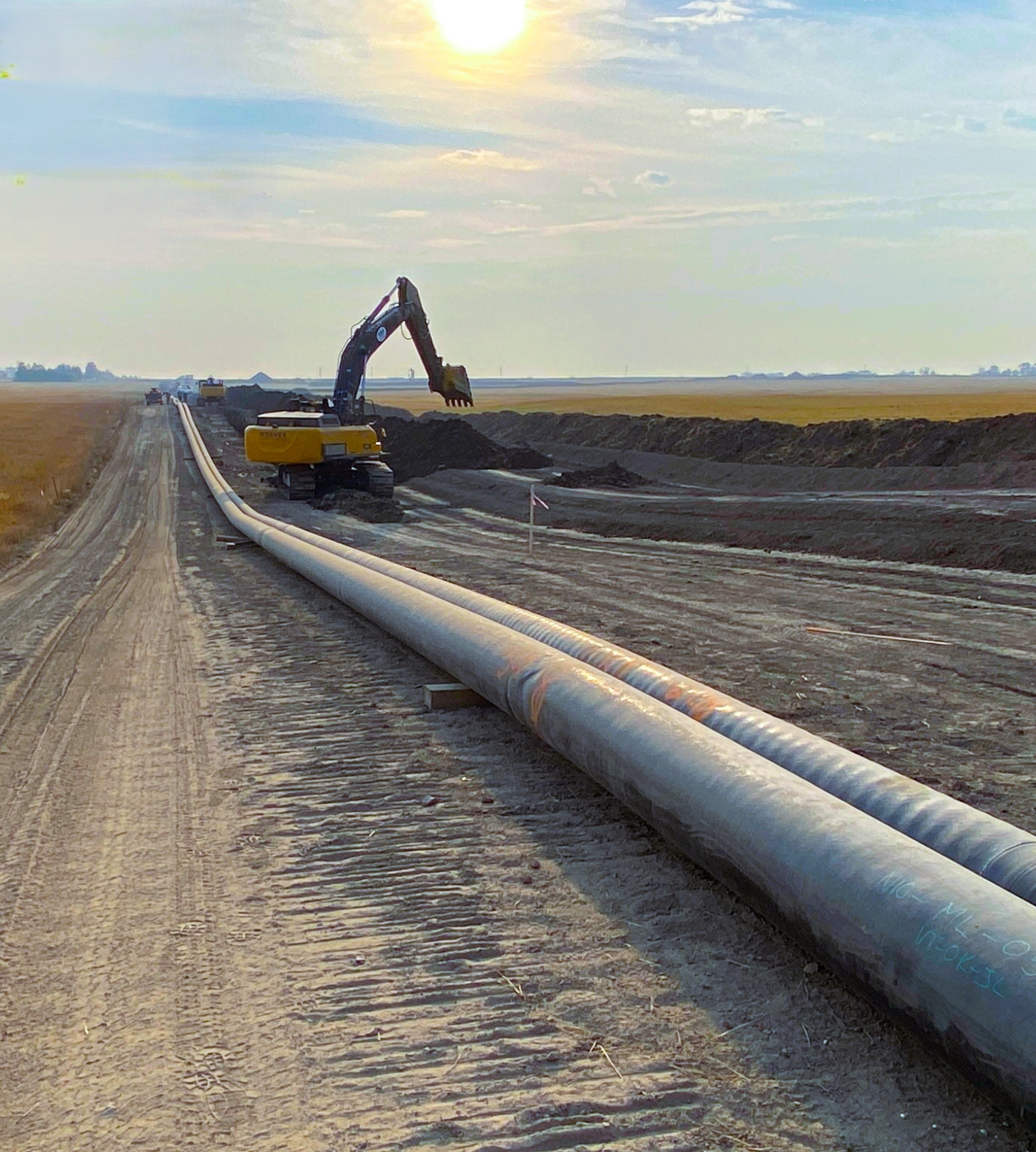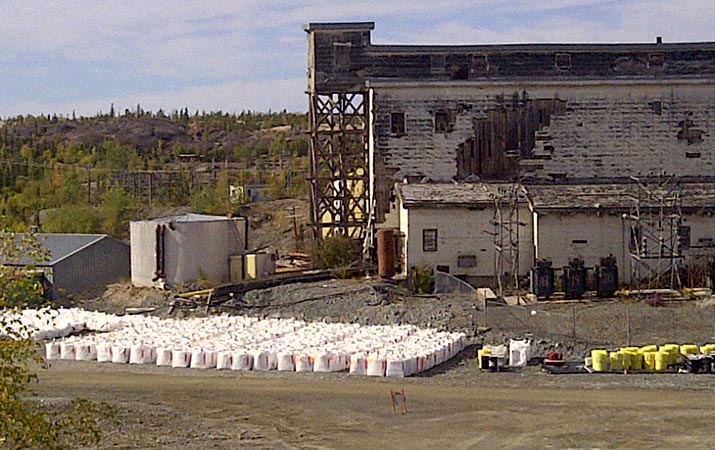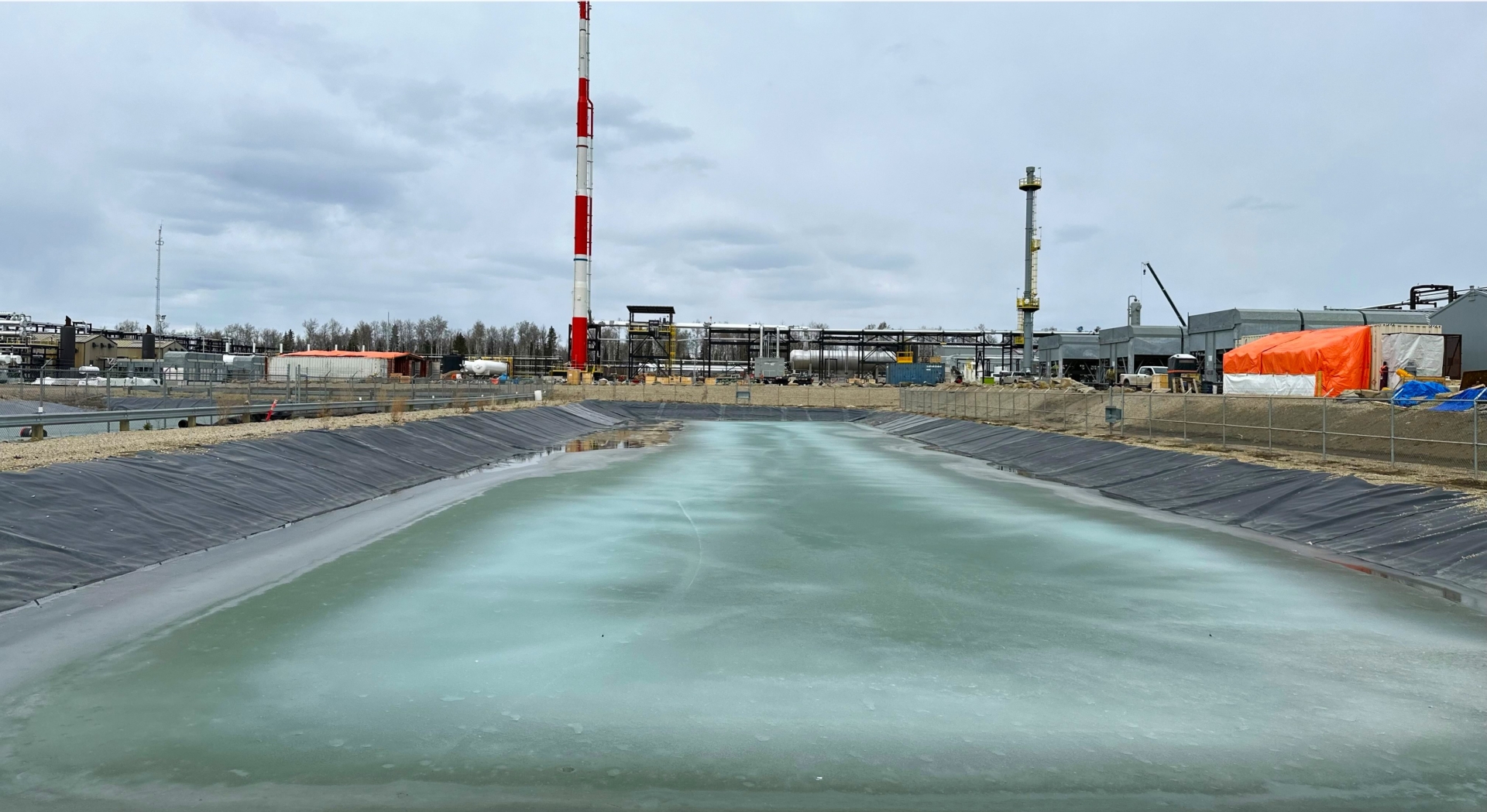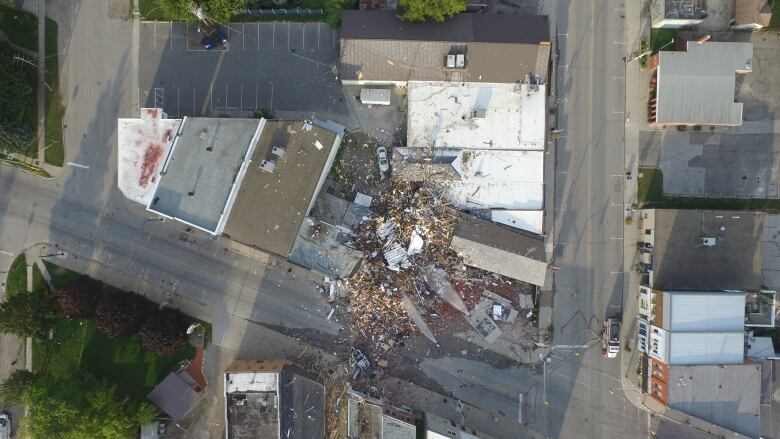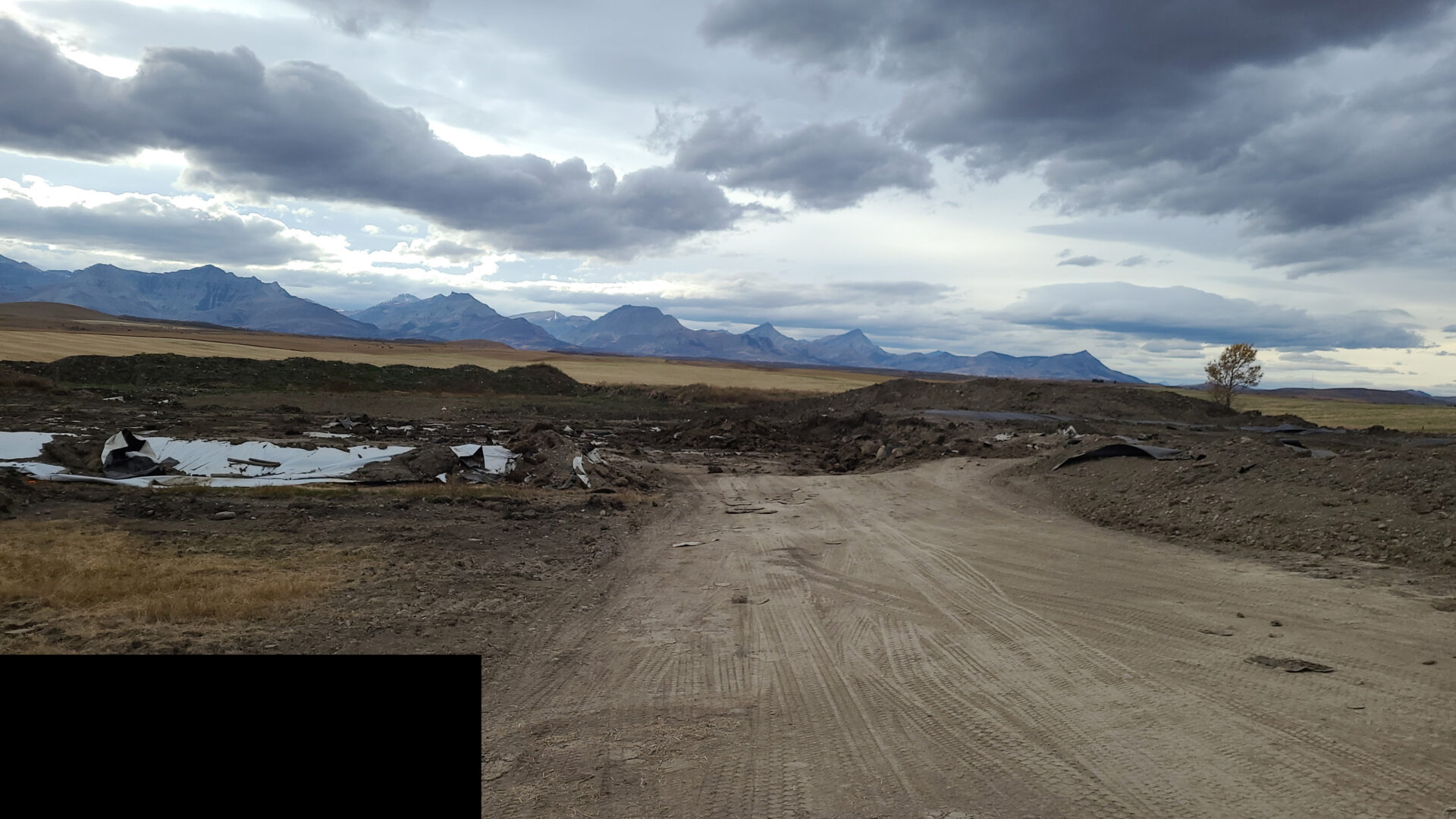My dad first said this to me when I was around 10 years old. I can’t remember the exact task that I was trying to complete in a hurry, but I was in a rush, nonetheless. I was given this advice and at the time, it seemed like one more thing your parent says to you for seemingly no reason whatsoever. I have been fortunate enough to grow up in a time where I once had to wait for the VCR to rewind a movie I had just watched prior to being able to put on the next one (Anyone recall Blockbuster rewind fees?). Now it seems society (and technology) has shifted in such a way where we can have virtually anything we want, any time of the day, almost instantly. Whether it be by the way of material items or emotional satisfaction, instant gratification has become the norm.
As I got older and became responsible for more things, I would always repeat this phrase to myself – not just for important or high stakes tasks, but it started to overflow into my day to day. Patience, albeit an important virtue, has never been one of my strong suits. I would pride myself on my productivity, and my ability to output large volumes of work in relatively short amounts of time. For example, in university completing tons of homework, probably not to the best of my ability, but hey, it was complete.
What I have learned through much trial and error, is that there is no short cut to excellence. Among other things instilled in me when I was young is that if I wasn’t going to do something and put the required time and effort in, I may as well not do it at all – workmanship is a direct reflection of the person doing the work. This really sunk in and is still something I value and believe today.
Taking the time it takes is such a simple concept yet people often forget this is possible – or valuable. Much of what people expect today is quantity over quality, rarely the reciprocal. I have learned through slow (and sometimes expensive) lessons that it is essential to do just that – take the time it takes. When we stop and take the required time to do something, we reduce, if not eliminate, the likelihood that that same task may need to be fixed or even repeated altogether. Not only does this cost you more time in the long run where you could have been doing other things, but it can also have a financial impacts as well. 10 extra minutes and $50.00 more up front could save you hours and thousands of dollars down the road. These incurred costs have a ripple effect and can impact more down the line.
There is always one overly ambitious competitor on MasterChef who tries to make a dish in a third of the time it normally takes – sure, they’ve successful made a dish that looks nice, maybe even has flavor, but something will always be underdone and ultimately it will fall short of what they had hoped to achieve. What’s even less lucky is there are no re-do’s on a cooking show. Or how many of us can relate to running behind when trying to leave the house- we tried to squeak in one too many things before leaving, now we are in a rush. We drive half way to hockey practice only to realize that the skates we need are sitting right beside the back door where we surely wouldn’t forget them (that’s life after all, ha!).
Now, as someone in a position to coach and mentor other young professionals, I think I have said this simple phrase to them more times than they can count (and they are probably as sick of hearing it as I once was). I truly hope that they are hearing me when I say it. I try to emphasize quality over speed – less mistakes means less repeating of something you’ve already done and ensuring that whatever is being worked on is getting completed right the first time.
While there will always be instances where we are in a hurry, I really think there is often overlooked value in taking the time it takes. When you take the time it takes, it takes less time. I hope you can apply this phrase to something you are doing in the near future (wrapping Christmas gifts perhaps?) I look forward to hearing how you all apply taking the time it takes to your daily lives!
Thanks for reading.
Sabrina

About the Author
Sabrina Moore, P.Eng., Engineering Supervisor
Sabrina has experience in all facets of closure from downhole abandonment, pipeline and facility decommissioning to environmental site assessments. This holistic approach has developed an adaptable skillset to all types of closure projects. Within the abandonment group, she focuses her experience on both routine and non-routine well abandonments. Sabrina is involved with industry groups such as the Well Abandonment and Integrity Society and is a professional engineer in good standing with APEGA.




